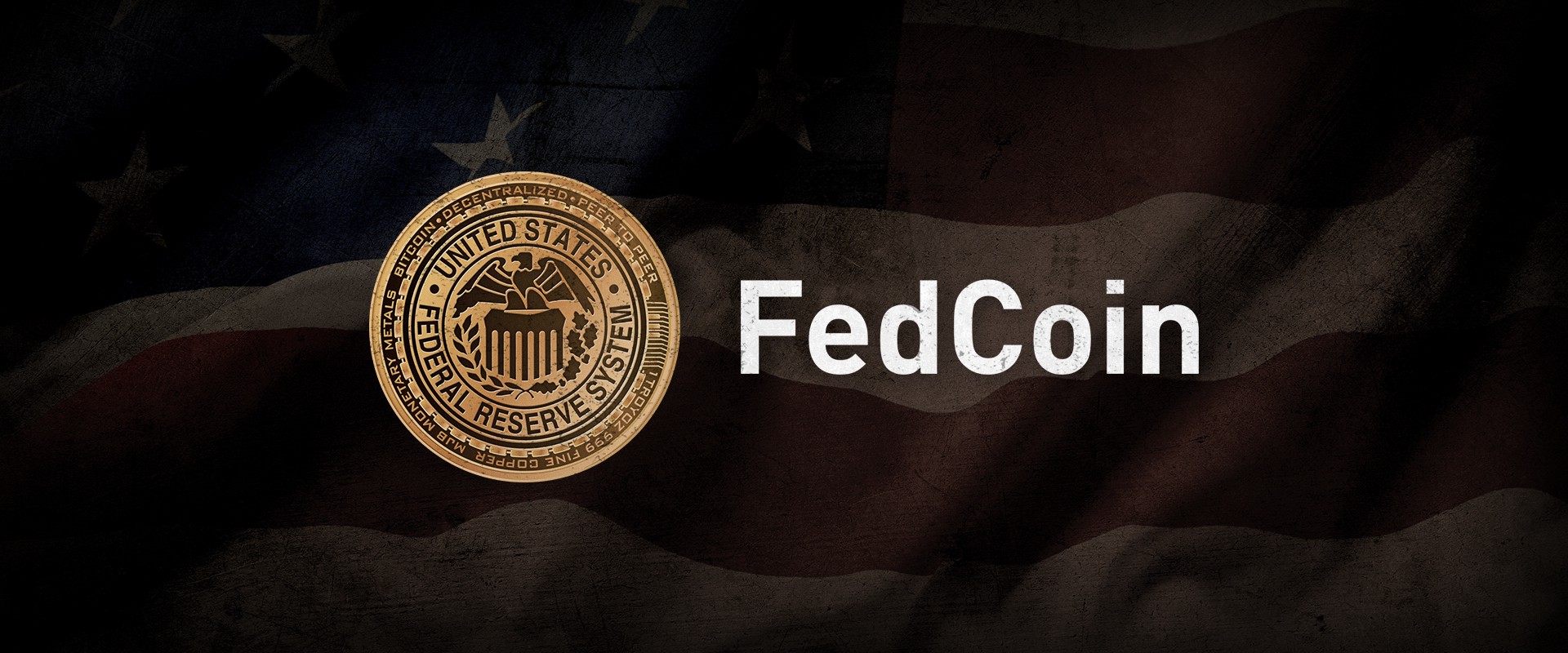PALO ALTO, Calif. (Reuters) - The Federal Reserve is taking a look at a broad variety of concerns around digital payments and currencies, including policy, design and legal factors to consider around possibly issuing its own digital currency, Governor Lael Brainard said on Wednesday. Brainard's remarks recommend more openness to the possibility of a Fed-issued digital coin than in the past." By changing payments, digitalization has the prospective to provide greater value and convenience at lower cost," Brainard said at a fedcoin 2020 conference on payments at the Stanford Graduate School of Company.
Main banks internationally are discussing how to manage digital financing technology and the dispersed ledger systems used by bitcoin, which promises near-instantaneous payment at potentially low cost. The Fed is developing its own round-the-clock real-time payments and settlement service and is presently evaluating 200 comment letters sent late last year about the suggested service's design and scope, Brainard said.
Less than two years ago Brainard informed a conference in San Francisco that there is "no engaging demonstrated requirement" for such a coin. But that was prior to the scope of Facebook's digital currency ambitions were commonly known. Fed authorities, consisting of Brainard, have actually raised concerns about consumer protections and data and personal privacy threats that might be postured by a currency that could enter usage by the third of the world's population that have Facebook accounts.

" We are working together with other reserve banks as we advance our understanding of reserve bank digital currencies," she stated. With more countries looking into issuing their own digital currencies, Brainard stated, that includes to "a set of factors to likewise be ensuring that we are that frontier of both research study and policy development." In the United States, Brainard stated, concerns that need study consist of whether a digital currency would make the payments system much safer or simpler, and whether it might position monetary stability threats, including View website the possibility of bank runs if money can be turned "with a single swipe" into the reserve bank's digital currency.
To counter the financial damage from America's unmatched nationwide lockdown, the Federal Reserve has actually taken extraordinary steps, consisting of flooding the economy with dollars and investing directly in the economy. Many of these moves got grudging acceptance even from lots of Fed skeptics, as they saw this stimulus as needed and something just the Fed could do.
My brand-new CEI report, "Government-Run Payment Systems Are Hazardous at Any Speed: The Case Versus Fedcoin and FedNow," details the dangers of the Fed's current strategies for its FedNow real-time payment system, and proposals for central bank-issued cryptocurrency that have been called Fedcoin or the "digital dollar." In my report, I discuss concerns about personal privacy, information security, currency manipulation, and crowding out private-sector competition and development.
Supporters of FedNow and Fedcoin state the federal government needs to produce a system for payments to deposit quickly, instead of encourage such systems in the economic sector by lifting regulative barriers. However as noted in the paper, the private sector is offering a seemingly limitless supply of payment technologies and digital currencies to fix the problemto the level it is a problemof the time gap in between when a payment is sent out and when it is received in a bank account.
And the examples of private-sector innovation in this area are many. The Clearing Home, a bank-held cooperative that has been routing interbank payments in various kinds for more than 150 years, has been clearing real-time payments given that 2017. By the end of 2018 it was covering half of the deposit base in the U.S.